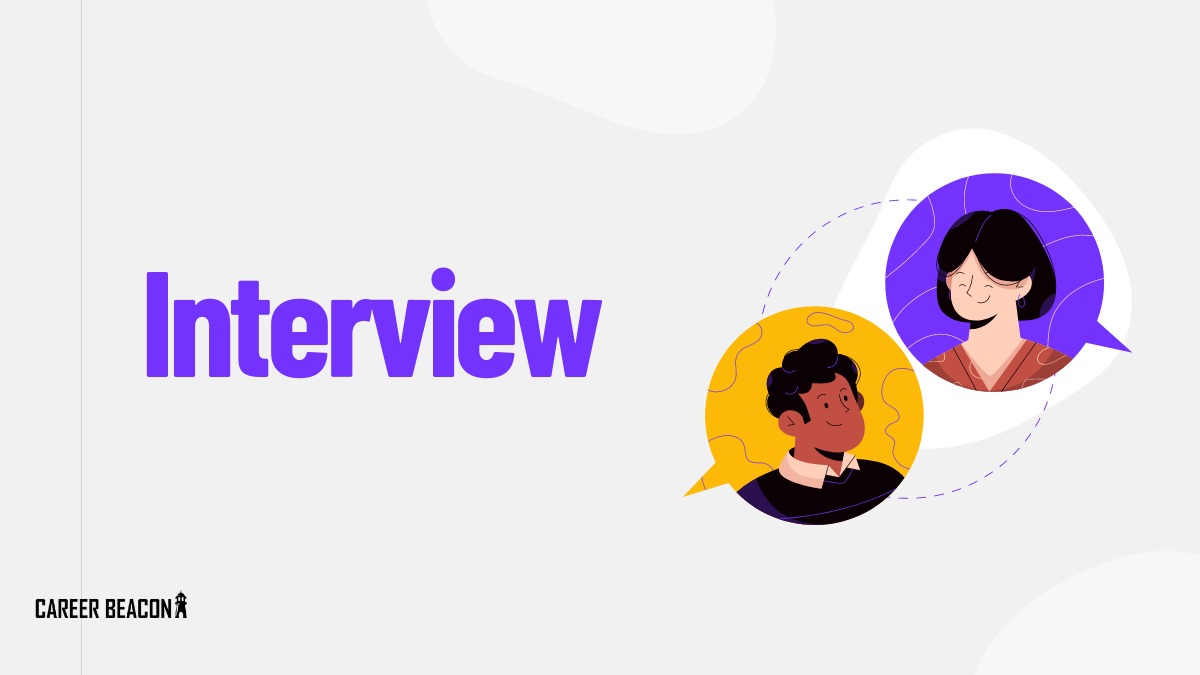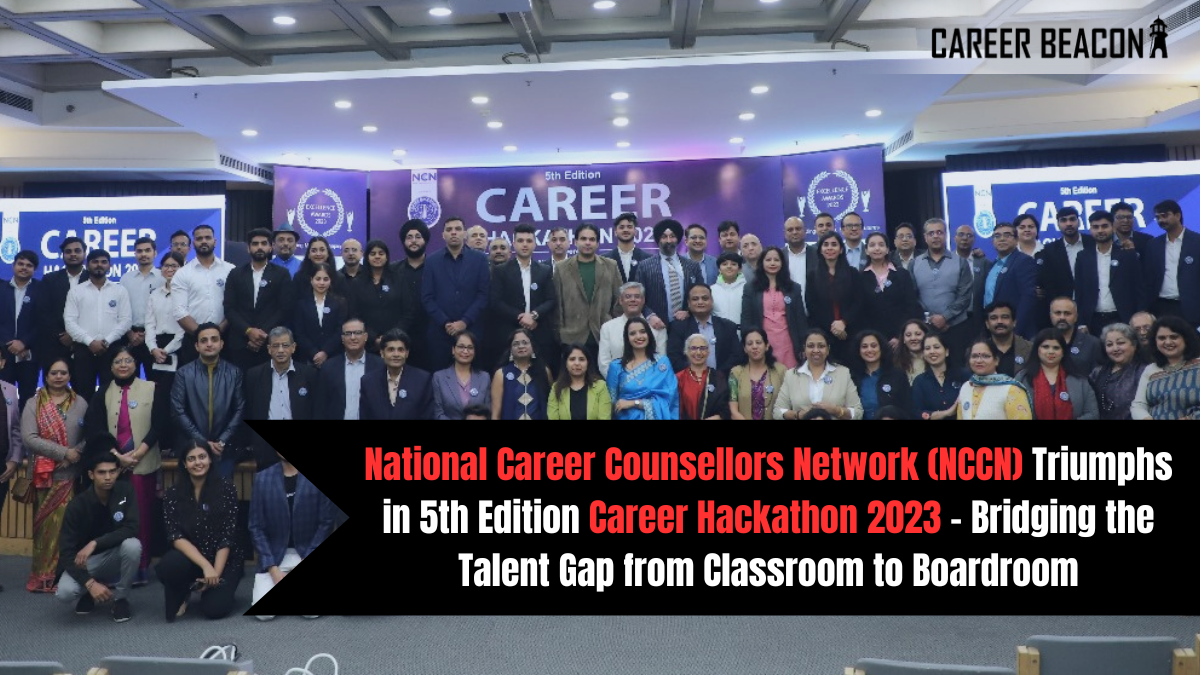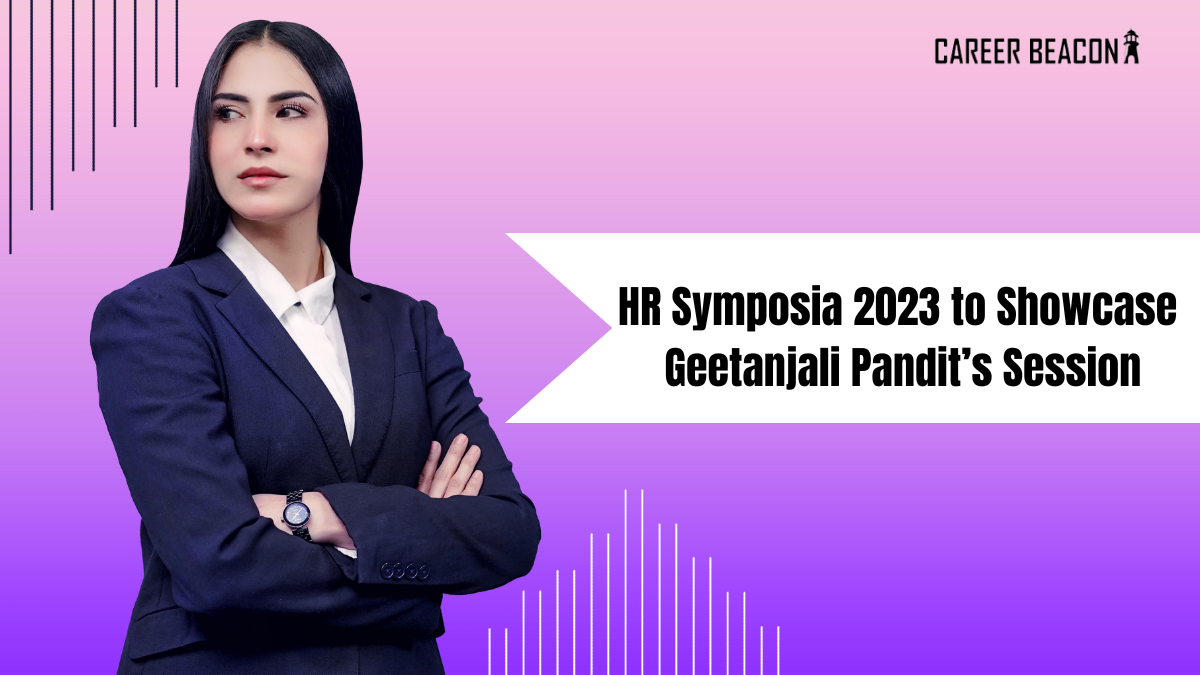
In with the New : Haresh Awatramani, CEO, Beehive
In this interview, Haresh Awatramani, the CEO of Beehive, talks about trends in the leadership hiring post-pandemic era.
Beehive is one of the fast-emerging leaders in providing companies with Cloud-based or On-premise HRMS software that lists out several highly effective features to run HR functions efficiently. The software encompasses key features like Attendance, Leave, Recruitment, Travel, PMS, Payroll, Task Management, and Expense, which allows you to automate, streamline, and optimise HR operations for improved team member satisfaction.
We have been in the market for more than six years. We focus on providing businesses with Cloud-based or On-premises HRMS (HR Tech) software that lays out several highly effective capabilities to execute HR activities smoothly. The HRMS software uses powerful data analytics to gather meaningful employee feedback and transform this data into actions that significantly influence employee well-being and wellness. Team member engagement, burnout challenges (stress points), team member happiness index, weekly mood status, and a range of other first-time HR elements are the focus of the data metrics. Based on our client’s specific requirements, we provide software as individual modules and an integrated workforce management suite in both cloud-based and on-premises models.
We are strategically positioned to support talent management and succession planning; team member engagement; lowering attrition and creating a happy work culture; assist organisations in reducing revenue leakage due to incorrect calculations, and maintain transparency. We are proud to have served over 300,000 users and have a presence in over five countries and 30 industries, making us the one-stop shop for all HR needs.
The evolution and acceptance of the Hybrid Working Model sparked a significant HR transformation. It has entered the mainstream and is here to stay. Reverting to an entire on-site arrangement could result in losing up to 39 per cent of an organisation’s workforce. Companies are focusing on developing an employee-centric model for the hybrid environment by designing work that revolves around employee-driven flexibility, culture connectedness, and human leadership across all functions.
Employee well-being and in-person work experience for Generation Z are two critical areas on which leaders should focus in the post-pandemic world—measuring current experience or overall well-being — as it relates to employee performance and intent to remain with the organisation. Even though over 70% of organisations increased their investments in well-being over the last two years, HR leaders must deliver on well-being as part of their talent management practice to attract and retain talent. Finally, while the younger generation is comfortable with hybrid work (having completed their education and entered the workforce during the pandemic), the experience has been lacking. Take note of GenZ’s expectations for the post-pandemic world of work. The requirements of these entry-level hires will influence office redesign decisions, onboarding support and development opportunities.
Leadership structures have long evolved from a simple command and execute form in which a strict top-down approach to decision-making was sufficient to keep businesses productive. While this was sufficient in a less volatile world, today’s business leaders face a different challenge. Many are confronted with a new business world marred by digitalisation, automation, and, most recently, a pandemic-induced shift like work. For these, business leaders must be able to anticipate threats and lead their teams down new growth paths.
One of the most important things HR leaders can think about is developing leadership talent within the organisation and translating the organisation’s vision into action from a strategic standpoint. Leaders today need the right combination of skills and traits to lead their companies in the new business world effectively. And learning technology assists them in bridging that gap. A tailored learning platform can help leaders continuously learn the skills they need to be successful. Leaders with this support have demonstrated their ability to be agile decision-makers and understand the nuances of successfully engaging employees.
Every organisation struggles to fill senior leadership positions from within because the leadership pipeline is broken. This scenario has mostly stayed the same in the pre/post-pandemic era. On the other hand, identifying leaders who align with not only the cultural context but also the business strategy is becoming increasingly important. Leaders must upskill themselves to adjust to the digitisation and post-pandemic team member workforce. The old and redundant skill sets are no longer applicable. We see a rapid increase in selection assessments, and corporate boards are looking for sharper insights because they cannot afford to make mistakes now that the economy is looking up.
Leaders who are deeply empathetic, collaborative, agile, and accepting of risk, failure, and ambiguity are in high demand in this digital era. The leader must have a vision for the digital age to build and lead teams to organic growth, keep people connected and engaged, and foster an environment of innovation, learning, and continuous improvement. These talented leaders must be fit, fast, focused, and visionary.
One of the critical HR trends is a hybrid work culture that ensures adaptability and productivity. Technology is increasingly being emphasised as the driving force behind digital transformation. The next step is to build and design an inclusive and diverse workplace. HR teams have been working on establishing a healthy and motivated workforce to help optimise potential and productivity, resulting in more excellent business outcomes, brand loyalty, and the end of the “great resignation.”
MR. HARESH AWATRAMANI, CEO OF BEEHIVE
HRMS Software meets all aspects of employee demands.
The ‘Executives Interviews‘ section features in-depth interviews with the world’s foremost business leaders, who share secrets to their success, and various domain trends.


